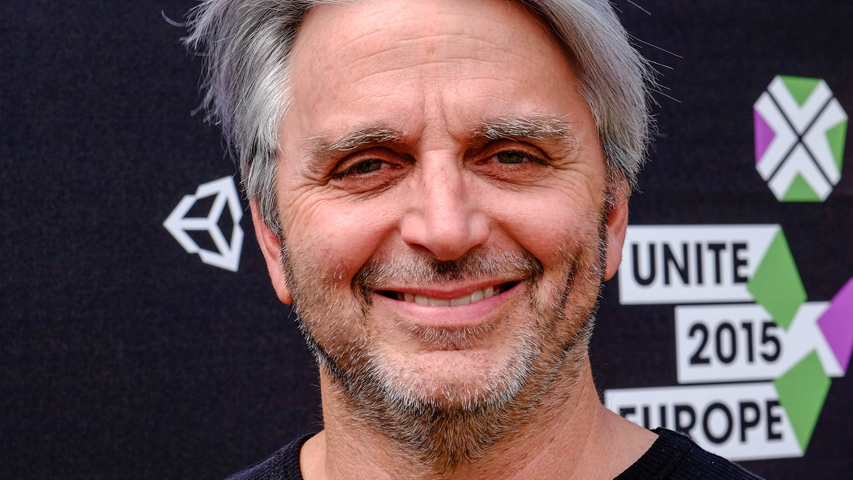Unity CEO John Riccitiello at Unity Europe 2015 told App2Top.ru about what he thinks about the oversaturation of the market, premium games and the future of consoles.
John, the main achievement of Unity is the democratization of the development process. Many people think that this is good. However, the reverse side of the phenomenon is the oversaturation of the gaming market: thousands of new games get into the App Store and Google Play every day. Many developers suffer from this. How to change the situation?
Developers do not suffer from an overabundance of games. Buyers suffer, because there are still few good games.
If we look at the question realistically, the total volume of the gaming industry now is $ 100 billion dollars. It’s growing fast. And when games that have everything in order with marketing, analytics, and a good monetization strategy come to the market, they will be fine.
So I – along with Unity – see the problem not in the oversaturation of the market. The problem is that there are too few well-made games that have everything in order with monetization, advertising, analytics, visibility. We help to solve these problems, help to improve the game, port it to several platforms. Get more money. We help with analytics and advertising – we do everything to improve the business side of development.
What about premium games?
I love premium projects!
I’ll tell you what: I was invited to join the board of directors of 25 different studios producing premium projects. I accepted only one offer – from Telltale. All their projects are premium. I want such companies to succeed.
Premium games don’t get enough attention. There should be more companies producing projects such as Monument Valley, Walking Dead, Game of Thrones. Now they often do not “shoot”, the market is skewed in one direction. But premium games will return.
Good. Last question: we live in a strange time: by the second year of the existence of a new generation of consoles, they began to become obsolete. Does this mean the end of the console era?
Before answering this question, we need to clarify something. There is no need to divide games into console, PC, mobile and tablet. There are games big, medium and small. The big ones occupy you for a couple of hours, for an hour, give you a deep immersive experience. And all this on the big screen. And small games – give five to ten minutes of pleasure on small devices. Average games like World of Tanks are somewhere in the middle. There are crossovers – for example, Fire Age can be played both on a large screen and on a small device. But from the developer’s point of view – you either create a huge gaming experience, or a medium-sized sandbox, or a relatively small game for small devices. And all these games differ greatly in the length of sessions, monetization schemes, and so on.
So console or not, from the developer’s point of view, the only task is to create a good game. And that’s exactly what we’re doing at Unity.
I mean, console is a misnomer. From the developer’s point of view, talking about consoles is pointless. After all, in fact, the console is, roughly speaking, a kind of PC. I’m simplifying, but what we have in the end are large PCs, medium PCs, small PCs. With the help of each of them, you can play a game on TV.
So, in terms of price-quality ratio, 300 bucks for a PC that will stand under the TV is a good deal. And if you want something more powerful, you can go to the store, buy a video card for two thousand dollars, assemble a computer for four thousand, then take a TV for the same amount. Dim the lights yet. And it will look even better. I just don’t really understand what the point is from the point of view of the buyer?

